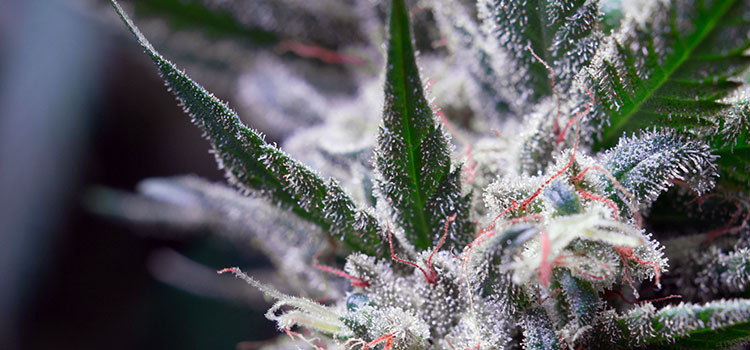In an official position statement, the Royal Australian College of General Practitioners says that “further research is warranted” to clarify the medical uses of cannabis but that, presently, it should only be used as a “last-resort medication.”
The statement comes the same day that the Australian government will begin accepting applications for companies to participate in the medical cannabis program.
“The evidence base for the medical use of cannabis is currently incomplete. There remains much to be learned, particularly relating to treatment efficacy and the longer term side-effects of cannabis-based drugs,” the statement reads. “Recent systematic reviews and meta-analyses indicate that there is some therapeutic potential and that further research is warranted with a call for better designed clinical trials and longer duration of follow-up.”
According to the professional organization, the grade of evidence for cannabis as a treatment for chronic pain, nausea, spasticity, mood and sleep is “very low” to “moderate” — meaning that estimates of effect are “very uncertain” or require further research to “have an impact on [their] confidence.”
The body also suggests that the nation’s medical marijuana law is “unclear,” observing that the Therapeutic Goods Administration must sign off on any product offered under the program but that the registration process “requires evidence of testing and efficacy” which is not available for natural cannabis but does exist for some synthetic pharmaceutical cannabis products. However, the statement points out that “the potential therapeutic effects of the full complement of all of the compounds in the cannabis plant have not been tested and is an area identified for future research.”
